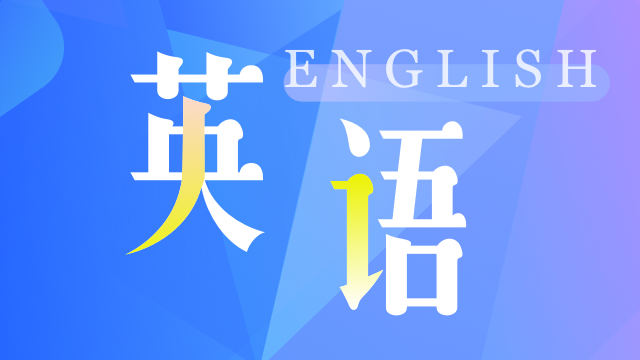Wish and If only悔不当初
作者:沪江英语
来源:British Council
2017-08-12 11:03
Wish and ‘If only’ are both used to talk about regrets – things that we would like to change either about the past or the present.
这两个词都是用来谈论后悔的事--过去和现在想改变的事情。
Talking about the present
谈论现在
•If only I didn’t have so much homework I could go to the concert tonight. She has a lot of homework and she can’t go to the concert.
•I wish you didn’t live so far away.
•I wish I knew what to do.
When we talk about present regrets, both wish and if only are followed by the past simple tense. The past tense emphasises that we are talking about something ‘unreal’.
当我们谈到现在后悔的事,wish和if only都跟过去一般时。过去时强调我们谈论的是不真实的事情。
Talking about the past
谈论过去
•I wish I’d studied harder when I was at school. He didn’t study harder when he was at school.
•I wish I hadn’t eaten all that chocolate. I feel sick.
•If only I’d known you were coming.
•If only I’d known you were coming.
Both wish and if only are followed by the past perfect tense when we talk about past regrets.
当谈论过去后悔的事,wish和if only都跟过去完成时。
Wish/if only and would
Wish/if only 和 would
We use wish + would to talk about something in the present that we would like to change – usually something that we find annoying.
我们使用wish + would谈论我们想改变的过去的事——通常时候我们发现很懊恼的事情。
•I wish you wouldn’t borrow my clothes without asking.
•I wish it would rain. The garden really needs some water.
•I wish you’d give up smoking. it’s really bad for you.
•I wish you’d give up smoking. it’s really bad for you.
NB We can only use wish + would to talk about things we can’t change.
注:我们只能用wish + would谈论我们不能改变的事。
•So I wish I wouldn’t eat so much chocolate is not possible although we can say I wish I didn’t eat so much chocolate.- 相关热点:
- 英国文化教育协会:语法和词汇
- 绝望主妇第六季











